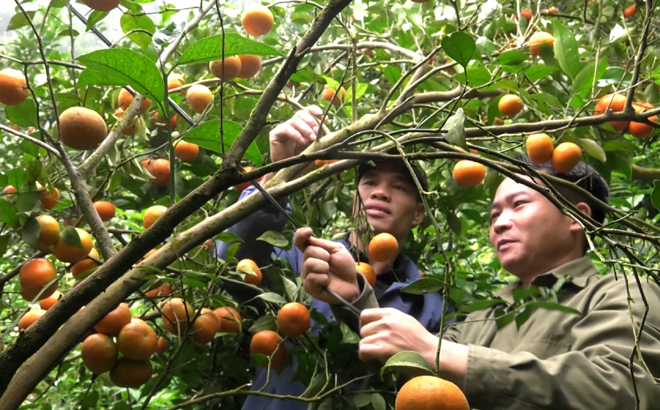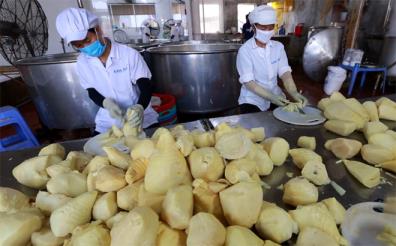Mindset change in Yen Bai’s agricultural development
- Friday, October 14, 2022
The transition of mindset from “agricultural production “ to “agricultural economy” in adaptation to climate change and market trends will lay an important foundation for Yen Bai province to gear toward an ecological agriculture, modern rural areas and civilised farmers.

|
|
Planting organic orange trees brings high income to members of Binh Thuan orange cooperative in Van Chan district.
|
Other news

In 2024, Nghia Lo Town developed seven new products meeting the 3-star OCOP standard and reevaluated seven products after three years of certification.

Yen Bai develops comprehensive transportation infrastructure, prioritizing projects that connect national highways with the Noi Bai - Lao Cai Expressway, regional linkage projects, and those connecting Yen Bai province with localities in the Northern Midlands and Mountainous region. The focus is on key projects and several important regional and inter-regional connecting roads. As of now, the transportation infrastructure system in Yen Bai has achieved significant progress.

The global Halal market is valued at approximately USD 5 trillion annually, with a strong demand for cinnamon and tea products. This presents significant export opportunities for Yen Bai Province.

In 2024, Yen Bai City achieved vocational training for 2,259 individuals, exceeding the target of 1,790 by 115%. Of this total, 578 people were trained at the college level, achieving 125% of the assigned target of 461.



